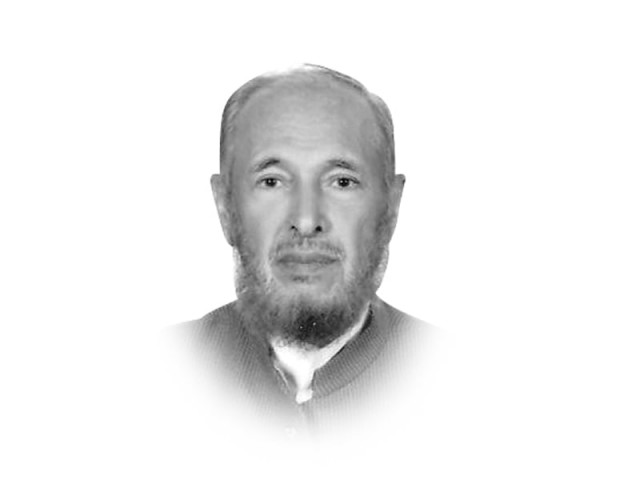The Senate election that shamed Pakistan
There is no likelihood of any rationality being brought into the system

The parliament in Pakistan has never played a role in nation-building, institution-building or formulating policies and in ensuring accountability. Indeed, in the presence of an overarching role of powerful forces, the relevance of parliament has been diminishing. There are hardly any noteworthy achievements in the realm of nation-building attributable to a sovereign parliament. In this perspective Pakistan stands alone in contrast to other parliamentary democracies. A country that has been ruled by military generals for more than half of its existence could not be expected to imbibe the true spirit of democratic governance and ensure a constructive role for its elected assemblies.
Last week’s election to the upper house or Senate of Pakistan was another blot on the so-called democratic institutions of the country. The sale of votes, the wheeling and dealing, and the hypocrisy was present in such glaring evidence and was so widely publicised that the whole exercise brought shame to the country. Allegations of the use of money from the government and the opposition parties against each other were so vociferous and unashamedly loud that Pakistanis were embarrassed. Those unconnected with the scheme of things were shocked at what was happening. There was hardly any effort to intervene and bring some sanity to the mad race for buying votes in the run up to the elections. One would wonder why such a panic and anxiety for an institution that has so little role in vital decision-making or the passage of laws.
The process of offering monetary inducements to ensure support in the Senate elections was kick-started by the government. As the elections approached there was a visible discomfort among the government benches fearing that some of their colleagues would vote against their nominees. Acting on this impulse to win back the support of its cadres the Prime Minister announced the allocation of a hefty sum of Rs500 million to each parliamentarian — ostensibly for “development works in their constituencies”. This set the ball rolling for a race to offer money for winning support for individual and party candidates. Videos of the government party, i.e. PTI members, accepting money to the tune of millions of rupees — all cash — in the 2018 elections were displayed on TV channels to the huge embarrassment of government leaders. From that point onwards there was a relentless pursuit of members of the provincial assemblies and National Assembly offering all sorts of incentives. The ugly drama unfolded before the whole nation but those in this business were unmoved as if it was business as usual.
Money was not the only ‘weapon’ of choice. Other methods like pressuring members, offering lucrative assignments, withdrawing favours in case of ‘disloyalty’ etc were used to ‘enforce discipline’. The despicable saga created waves of anger, desperation, frustration and in some cases laughter and mockery.
Any country that takes pride in democratic governance, pluralism, participative decision-making would take steps to guard against the possibility of the abuse of its elective systems against any fraudulent practices or the use of money. But hardly any notice is taken of the widespread use of money or ‘pressure’ for getting or buying votes in Pakistan. That is a sad commentary on the collective judgment of our political class. When such practices are taken for granted and no one is penalised or no course correction is resorted to, the collective conscience of society would be called into question. But would anyone listen?
Why do people invest such large sums of money in getting elected to a house that, as said before, has little role in policy formulation or law making? One answer is that there is investment and then there is recovery. The recovery takes different forms. The other is that membership of such an august house confers status, privileges and influence and that explains why the super-rich make such endeavours to win seats. It is not surprising why the assemblies or the Senate are packed with millionaires. In Pakistan’s context the political parties, and particularly the ruling PTI, have always shown such a warmth towards the ultra-rich, hoping that their assets would come in handy to steer the party while needing resources. As a matter of fact, the ‘riches and wealth’ of individuals has always been an indispensable ingredient in evaluating or judging their credentials in the eyes of the top PTI leadership.
For now, this lamentable story would go on. There is no likelihood of any rationality being brought into the system. It would require a herculean effort, sacrifices and setting of examples for others to follow if the electoral system is to be cleansed of the abominable practices of corruption and deceptions.
Published in The Express Tribune, March 9th, 2021.
Like Opinion & Editorial on Facebook, follow @ETOpEd on Twitter to receive all updates on all our daily pieces.














COMMENTS
Comments are moderated and generally will be posted if they are on-topic and not abusive.
For more information, please see our Comments FAQ